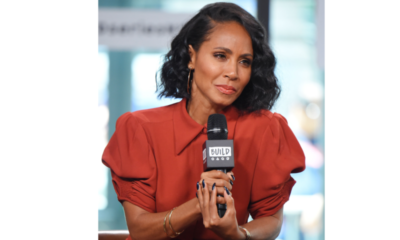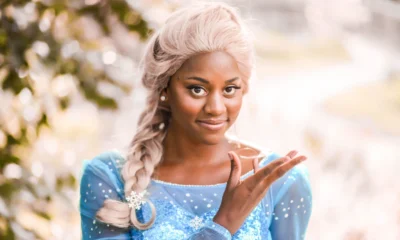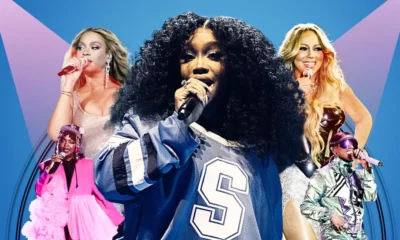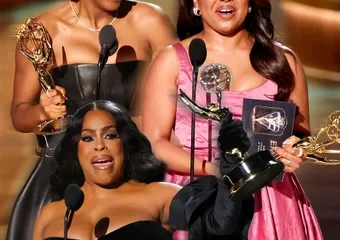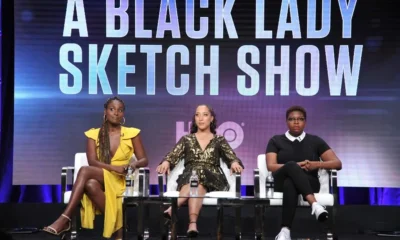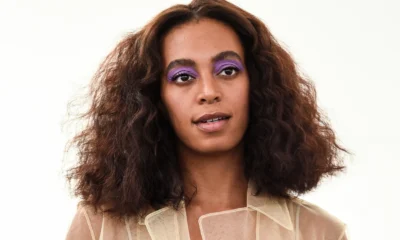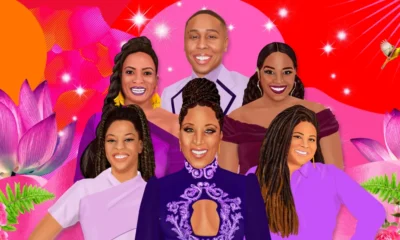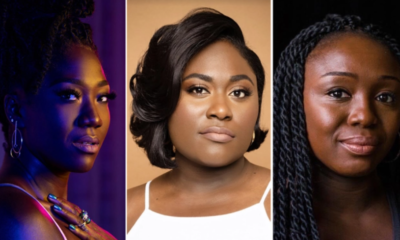Black Women in Entertainment
The Remarkable Rise of Tiffany Haddish
The standup and Girls Trip star had a breakout summer, and her success points to how comedy has—and hasn’t—changed for women and entertainers of color.
When the comedian Tiffany Haddish was 9, her stepfather tampered with the brakes on her mother’s car, hoping to kill his partner and her four children. Rather than going out with her mom that day, Haddish asked to stay home and look after her younger siblings—sparing her from the horrific accident that left her mother mentally impaired. As the oldest child, Haddish did what she could to help for three years, from tying her mother’s shoes to paying bills, but eventually Haddish and her siblings were placed in foster care.
Haddish used the trauma and tragedy of her upbringing to ignite what is now a blazing comedy career. As a child, the Girls Trip star was teased for being a foster kid, but Haddish has also talked about maintaining a strong sense of self worth in her recent Showtime standup special, She Ready!: From the Hood to Hollywood. “The state of California paid so much money to make sure I don’t die ‘cause they knew I was gonna be special,” Haddish tells her audience. “They knew it. They was like, ‘This one right here, she gonna be a unicorn.’ And they was right. I’m the last black unicorn, bitch!”
Haddish’s ascent in recent years—debuting on NBC’s The Carmichael Show in 2015 and appearing in the 2016 action comedy Keanu and the summer hit Girls Trip—is a testament to her talent and resilience. But her story also offers insight into what it takes for a black woman in comedy to become successful today. Haddish’s rise points to where systemic roadblocks still lie for performers of color, particularly women, when they first enter the business—and how some barriers to entry may be falling as comedy enters a new golden age, with fewer gatekeepers and more platforms for artists to reach their fans.
Haddish defies the odds not only in her climb from poverty to nascent stardom, but also in her standing as a newly minted “black unicorn” in a genre dominated by white men. A few years ago, in an attempt to explain Saturday Night Live’s failure to cast more black women over the last four decades, the cast member Kenan Thompson lamented, “In auditions, they just never find ones that are ready.” As writers at The Atlantic and other outlets noted at the time, the absence of black women at SNL wasn’t so much about performers’ readiness, but about the show’s readiness. Though SNL has worked to fix this longstanding disparity in recent years, notably by hiring Leslie Jones and Sasheer Zamata (who left after last season), its cast makeup is symptomatic of ….
Please read original article- The Remarkable Rise of Tiffany Haddish










